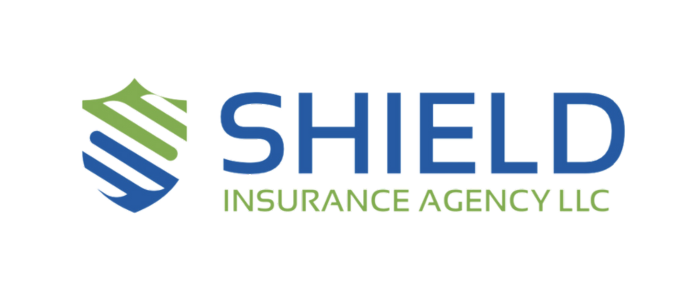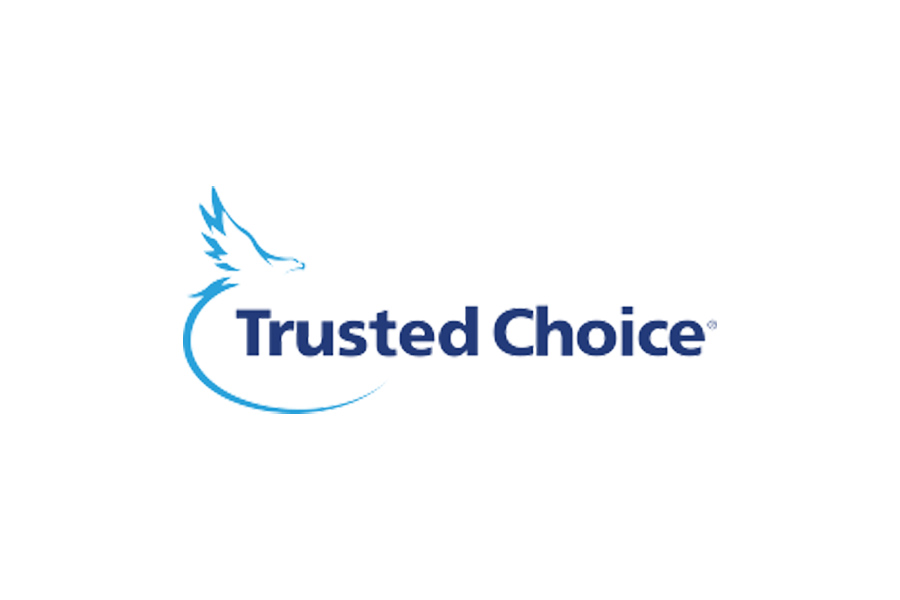When it comes to owning a car, one thing that always pops up is auto insurance. It’s one of those things most of us have to deal with, but a lot of people don’t really understand it fully. You probably know that you need it, but have you ever stopped to think about why it’s so important? What does it cover, and how does it protect you?
This post will break down everything you need to know about auto insurance—what it is, how it works, why it’s crucial for every driver, and what to consider when picking a policy.
What Exactly Is Auto Insurance?
Auto insurance is a type of coverage that helps protect you financially in case of accidents, theft, or damage to your car. It’s a contract between you and an insurance company where you pay regular premiums in exchange for financial protection.
Depending on your policy, it can cover a wide range of situations—from accidents you cause, to damage caused by someone else, to injuries you might suffer in a car crash.
Trusted Insurance Since 2009
Shield Insurance Agency LLC makes coverage simple with tech-driven, reliable, and personalized insurance solutions to protect what matters most.
Get a Free QuoteThe basic idea is simple: if something happens to your car (or someone else’s), your insurance helps cover the costs. But, like anything with contracts, there are different types and levels of coverage, each designed to protect you in different situations.
Why Do You Need Auto Insurance?
You might be wondering: Why is auto insurance even a thing? Can’t I just pay out-of-pocket if something happens? Let’s break down the main reasons why having insurance is a must:
It’s Required by Law
In almost every state, having at least a minimum level of auto insurance is required by law. The specifics of the law can vary, but they generally include liability coverage—meaning that if you’re responsible for an accident, your insurance will help cover the other person’s medical bills, car repairs, or property damage. Not having auto insurance can lead to hefty fines, legal trouble, and even the suspension of your driver’s license.
Protects Your Finances
Car accidents are expensive. Even minor fender benders can cost thousands in repairs. If you don’t have insurance, you might end up paying out of pocket for everything.
And if the accident is serious, you could be on the hook for thousands or even millions in damages, medical bills, and legal fees. Auto insurance helps you avoid financial ruin by covering these unexpected costs.
Helps After an Accident
If you get into an accident, insurance helps pay for things like repairing your car or paying for medical bills. Whether it’s your fault or not, your insurance is there to make sure you don’t bear the full cost of the accident.
Protection Against Theft and Vandalism
If your car is stolen or damaged through vandalism, auto insurance can help cover repairs or the cost of replacing the vehicle. Without insurance, you’d have to pay for these things yourself, which can be devastating if your car is your main mode of transportation.
It Can Save You Money in the Long Run
While it might feel like you’re just throwing money away with every premium payment, having auto insurance can save you money in the long term. Insurance helps prevent you from paying large out-of-pocket costs in case something goes wrong. Think of it as paying for peace of mind.
Types of Auto Insurance Coverage
Now that you understand why auto insurance is important, let’s take a look at the main types of coverage you might encounter. Different policies offer different levels of protection, so it’s essential to choose the one that fits your needs:
Liability Insurance
Trusted Insurance Since 2009
Shield Insurance Agency LLC makes coverage simple with tech-driven, reliable, and personalized insurance solutions to protect what matters most.
Get a Free QuoteLiability insurance is the most basic form of auto insurance and is often required by law. It covers the costs if you’re at fault in an accident. This includes two parts:
- Bodily Injury Liability: Pays for medical bills if you injure someone in an accident.
- Property Damage Liability: Pays for repairs if you damage someone’s car or property.
Collision Insurance
Collision insurance helps pay for repairs to your own car if you’re involved in an accident—whether you’re at fault or not. This coverage is optional, but it can be helpful if your car is valuable or you’re concerned about paying for repairs on your own.
Comprehensive Insurance
Comprehensive insurance covers damage to your car that isn’t caused by an accident. This includes things like theft, vandalism, natural disasters, or even hitting an animal. It’s another optional form of coverage, but it can provide more peace of mind if you live in an area prone to these risks.
Uninsured/Underinsured Motorist Coverage
If you get into an accident with someone who doesn’t have insurance (or doesn’t have enough insurance), this coverage helps pay for your medical bills and repairs. It’s especially important in areas where uninsured drivers are common.
Personal Injury Protection (PIP)
PIP, also known as no-fault insurance, covers your medical expenses, lost wages, and other related costs after an accident—no matter who is at fault. In some states, this coverage is required.
How to Choose the Right Auto Insurance Policy
Choosing the right auto insurance policy can feel overwhelming, but it doesn’t have to be. Here’s what you should consider:
State Requirements
First, make sure you meet the minimum coverage required by your state. This will often be liability insurance, but some states may require additional coverage like PIP or uninsured motorist protection.
Your Budget
Insurance premiums can vary widely based on factors like your driving record, the type of car you have, and your location. Make sure to shop around and compare quotes from different providers to find an option that fits your budget.
Coverage Limits
Think about how much coverage you might need. Higher limits mean better protection, but they also come with higher premiums. If you’re driving an older car, you might not need comprehensive or collision coverage, for example.
Deductibles
A deductible is the amount you pay out of pocket before your insurance kicks in. A higher deductible usually means lower premiums, but it also means you’ll pay more upfront if something happens. Make sure to pick a deductible that you can comfortably afford.
Customer Service and Claims Process
It’s essential to choose an insurance provider that has good customer service and a reputation for handling claims quickly and fairly. You don’t want to be left in the lurch after an accident.
FAQs
What happens if I don’t have auto insurance?
If you get caught driving without insurance, you could face fines, have your driver’s license suspended, and even have your car impounded. Plus, if you’re involved in an accident, you’ll be financially responsible for all damages and medical bills.
Can I drive without insurance if I don’t have a car?
In most places, if you own a car, you’re required to have insurance. However, if you don’t own a car but plan to drive one, you can buy temporary or non-owner car insurance.
Does auto insurance cover rental cars?
Many auto insurance policies offer coverage for rental cars, but it depends on your specific policy. You may want to double-check with your insurer before you rent a car to see what’s covered.
Conclusion
Auto insurance isn’t just another expense—it’s an essential part of protecting yourself and your financial future. Whether you’re a new driver or you’ve been behind the wheel for years, having the right coverage ensures that you’re prepared for whatever might come your way.
The next time you think about skipping your insurance or sticking with the bare minimum, remember: it could save you from a lot of stress (and money) down the road.
So, what’s the best type of auto insurance for you? How much coverage do you really need to feel safe on the road?
Trusted Insurance Since 2009
Shield Insurance Agency LLC makes coverage simple with tech-driven, reliable, and personalized insurance solutions to protect what matters most.
Get a Free Quote

